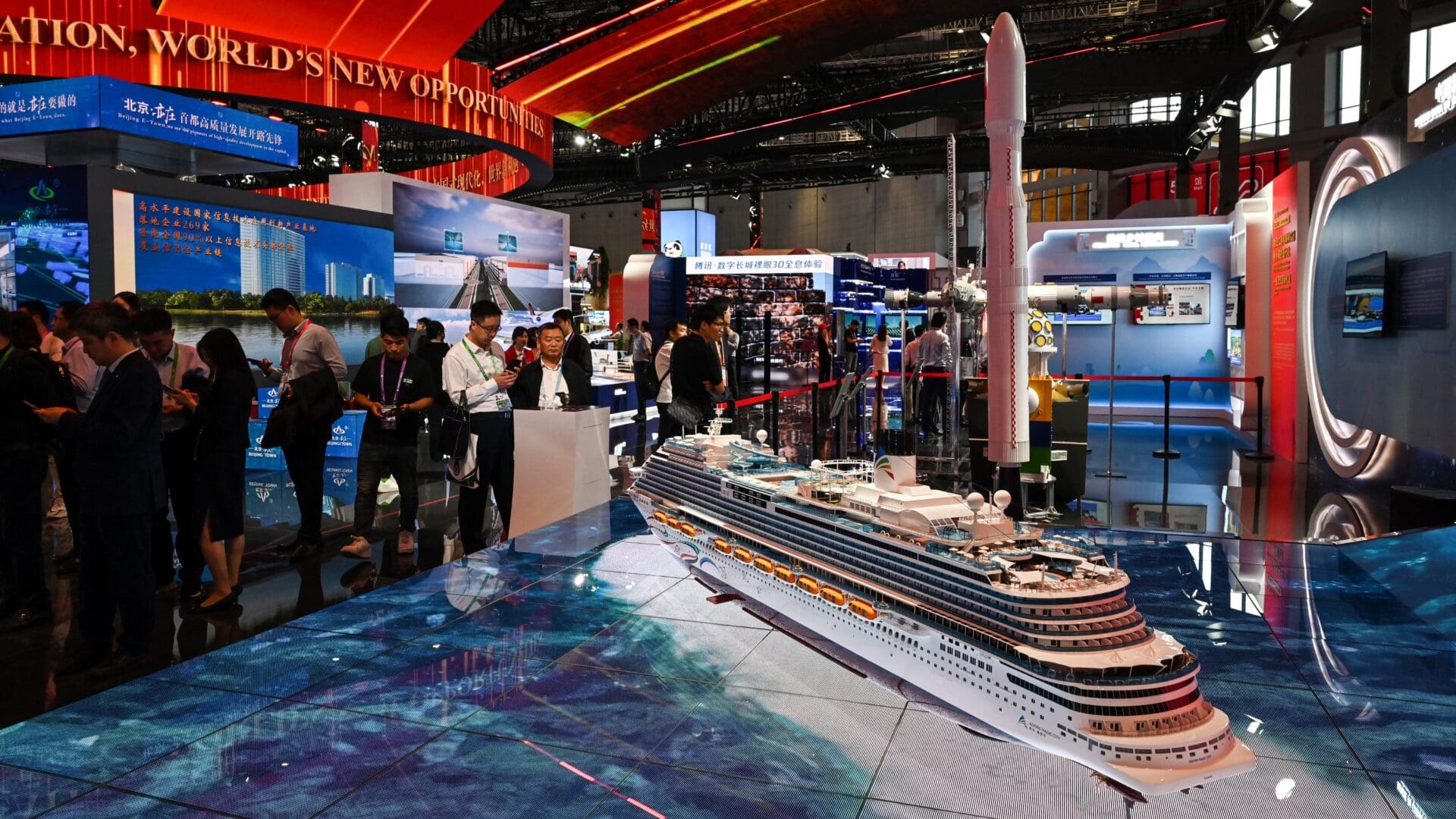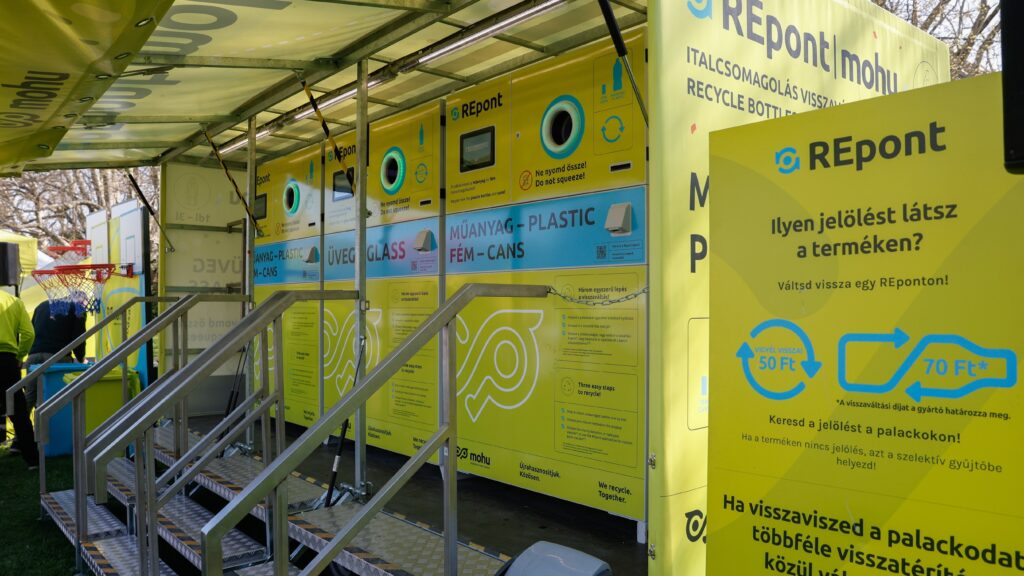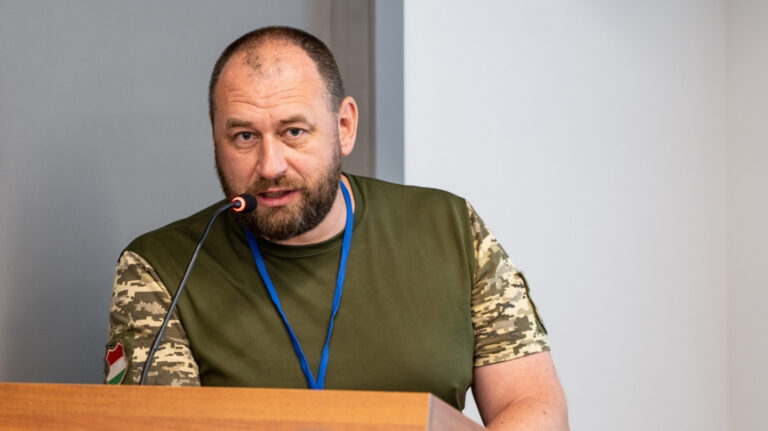Addressing the sixth China International Import Expo in Shanghai, Economic Development Minister Márton Nagy underlined Hungary’s opposition to policies supporting the formation of geopolitical blocs, saying the country strived for connectivity between East and West.
‘We are are proud that Hungary is the number one destination for Chinese investments in Central Europe,’
Nagy said, according to a ministry statement released on Monday, 6 November. He said the fact that 34 percent of FDI now comes from Eastern economies compared with less than ten per cent in 2010 was a testament to the success of Hungary’s strategy of opening to the East.
Hungary is in the process of developing the ecosystem tied to electric vehicle manufacturing, which will involve Eastern and Western companies working together to make electric motors, batteries, solar panels, electric chargers and complete vehicles, the Minister Nagy added.
He went on to say that Hungary’s current FDI stock of €100 billion could be doubled by 2030, pointing out the advantages of strong FDI inflows.
He also stated that at a macro level, foreign direct investment bolstered production and foreign trade. By 2030, Hungary’s export-to-GDP ratio could reach 100 per cent, with export complexity remaining among the highest in the world. All this could help Hungary’s development level reach 90 per cent of the European Union average by the end of the decade, he added.
At a micro level, Nagy said, FDI inflows had a multiplier effect on the development of Hungarian businesses when it came to R&D and technological advancement. The government’s aim is for there to be as many Tier1 Hungarian suppliers in the supply chains of the plants operating in Hungary as possible, the minister said.
Thirdly, he said, more intense trade could also boost the logistics sector. The sector currently accounts for five per cent of GDP, Nagy pointed out, also noting the government’s aim of doubling that share by the end of the decade.
Meanwhile,
Hungary’s ability to continue to attract FDI at the current rate depended on infrastructure developments, cheap energy, and an adequate supply of skilled labour.
The minister hailed China’s Belt and Road Initiative (BRI) as the world’s most comprehensive project. Although Hungary and China had their joint priority investment projects like the Budapest-Belgrade railway line, he noted, Hungary’s participation in infrastructure development projects under BRI was relatively low compared with other countries. He suggested that Hungary should participate in bigger projects under the initiative, in the interest of maintaining its level of Chinese FDI inflows, production, and trade.
On the margins of the expo, Nagy held talks with the leaders of the Industrial and Commercial Bank of China (ICBC), the world’s largest commercial lender, emphasizing Hungary’s aim of becoming a regional financial hub in addition to being the meeting point for Eastern and Western capital and cutting-edge technology. The government is committed to having the ICBC open a branch in Hungary, he added.
Nagy highlighted the strong development of Hungarian-Chinese relations in the recent period, noting Prime Minister Viktor Orbán and his delegation’s visit to China last month.
Related articles:
Sources: MTI/Hungarian Conservative








